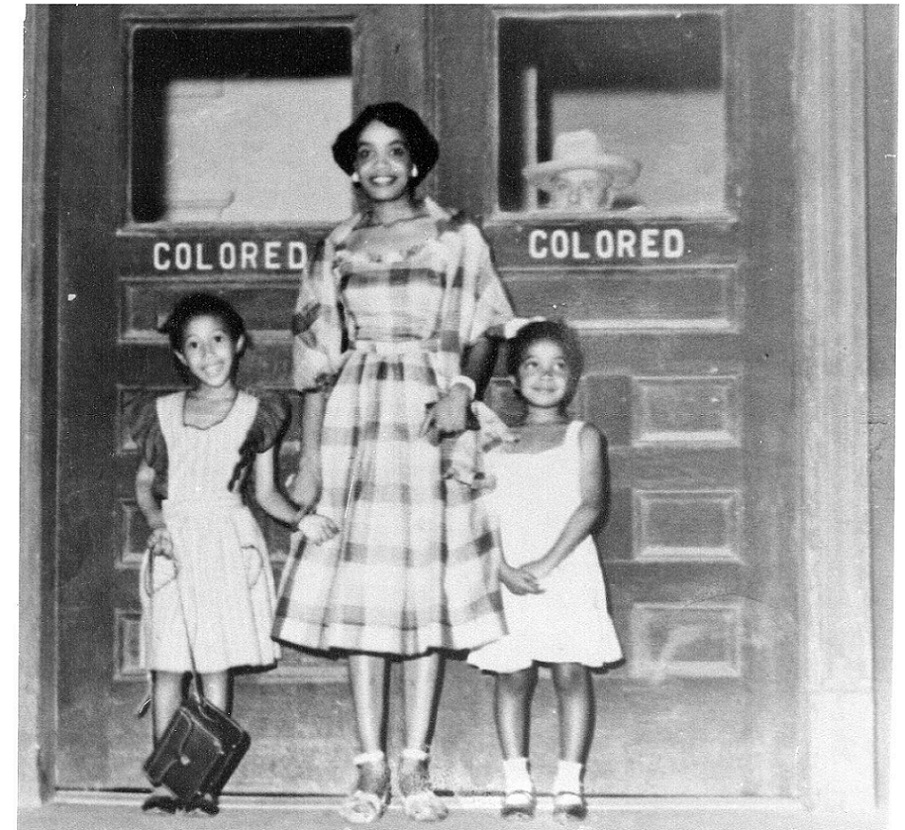Black History Month: An Opportunity To Embrace an Incredible Legacy
For many African Americans, learning about Black history is like finding and assembling pieces of a puzzle throughout life. Some pieces are smooth, pristine and easy to put in place. Some are cragged and worn, and others raw but colorful, a joy to behold. You never complete the puzzle in a lifetime, but if you’re fortunate you’ll gather enough pieces to frame an accurate story of people’s triumphs, tragedies and most everything in between.
As we begin February, we embark upon one of the most anticipated times of year to learn Black history. What we now know as Black History Month, in fact, began in 1926 as Negro History Week. It was launched by historian Carter G. Woodson, who reportedly chose February to coincide with the birthdays of President Abraham Lincoln and Black abolitionist Frederick Douglass. Negro History Week was recognized in public schools nationwide.
Through efforts by such people as Robert Starling Pritchard (the first commercially recorded African American concert pianist), Negro History Week became officially recognized as Black History Month in 1976 by then President Gerald Ford.
As we begin Black History Month this year, how should we recognize it?
It would be great if more people understood that there is an incredible history and legacy about Africa that predates slavery. That there are numerous leaders, individuals and groups who have done remarkable things in the United States, notwithstanding the horrors of chattel slavery and Jim Crow oppressions. We need to celebrate them in addition to our civil rights leaders like Malcolm X and Martin Luther King Jr., and our civic leaders like President Obama and the late and great Congressman John Lewis.

Looking back at my public-school days while growing up in Seattle, I realize it wasn’t easy gathering up pieces of Black history. Though all my schools had a significant percentage of students of color, the Black history (and American history) we were taught was generalized. All of it was rooted in slavery and the Civil War. We were all aware of Martin Luther King Jr., but I don’t remember being taught about Malcom X and the African American Muslims, and the Civil Rights Movement. It was almost non-existent.
Most of the Black history I learned, in fact, was shared with me by my parents. From my church, I learned about some aspects of Black liberation.
I experienced Black history in my family as well. My dad was the first in his family to graduate college. He always said, “Education…college education, is the only way you’re going to make it in society.” His education, perseverance and skillsets resulted in him making history as the first black engineer to be promoted into management at The Boeing Company.
My mom had a good understanding of our family history, and she would tell us stories that over time gave us insights into her life growing up in a segregated small town in Texas – and into the lives of my grandparents and great-grandparents in the Jim Crow south. But she didn’t go into details about all of them, especially not the painful ones including the fact that our not-too-distant ancestors were enslaved.

And although she wouldn’t go into detail, she would not deny the colorism aspect of Black history. She talked about our ancestors who were very dark; it was assumed there was not intermixing with white people. And there was another side of our family who had lighter complexions where it was clear that there had been some intermixing. In her hometown, there were perceptions about some of the very light-complected Black people, and when we encountered them, my mom would call out, in a very quiet way, Blacks whom she felt tried to pass as white.
I was fortunate to live Black history while growing up and at Mount Zion Baptist Church in Seattle. Our former pastor, Rev. Samuel McKinney, was a college classmate and friend of Dr. Martin Luther King Jr., and he was instrumental in getting Dr. King to come to Seattle for a Civil Rights march in the 1960s. I remember marching with my family and Dr. King being at the head of the march.

In keeping with his education mantra, my dad (and my mom) ordered an Encyclopedia Britannica set for my brother and I; and I read a bit about Black history there. Then they bought us a book about Black people doing remarkable things – accomplishments that I had never heard about in school. I read about George Washington Carver, the peanut farmer and inventor. I learned about Charles Drew, who organized the first large-scale blood bank in the country; and about US Supreme Justice Thurgood Marshall whose life journey was a source of inspiration in my goal to be a lawyer. I read this book a couple of times and it blew my mind. It was the same source of pride I felt when I watched the movie Hidden Figures and as an adult and began to learn the history of the black women mathematicians whose work enabled the early success of the NASA space program.
There is so much history to be learned and appreciated and so many pieces of history to gather. This month, I want people to have curiosity, a worldwide curiosity about Blacks everywhere. We should use Black History Month to change the narrative to one that is not restricted to slavery, not restrictive to Civil Rights, but to one that is a source of, resilience and an abundance of reasons to honor our African, Afro-Caribbean and African American ancestors.


Comments
Sandra Madrid
February 10, 2022Gordon, thank you for sharing your story. You are such an inspiration and UWKC is fortunate to have you as the CEO.